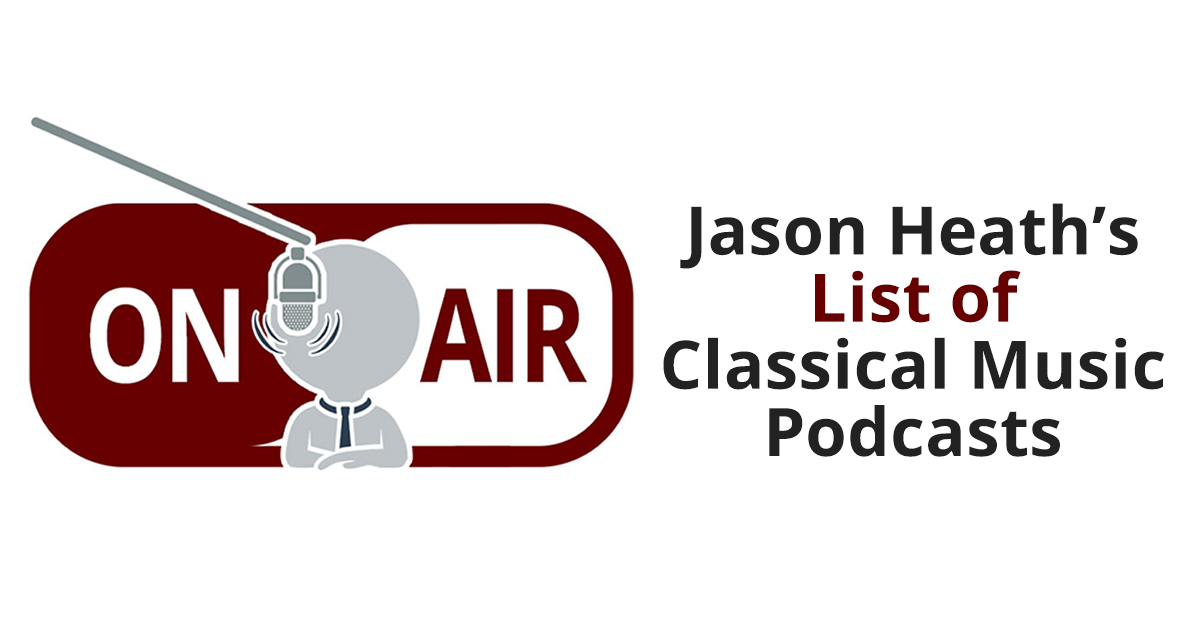The position that having an orchestra around is good for a community’s bottom line is almost obligatory in an orchestral organization’s grant writing and fundraising environments. My blog neighbor, Andrew Taylor, has published some really fascinating material on the topic which examines whether or not all of those numbers hold up to scrutiny. A recent contribution to the growing stack of economic impact studies is in today’s issue of the Atlanta Journal-Constitution, which talks about the economic boon their new $300 million symphony center will provide the city of Atlanta…
What really gets me every time these discussions arise is how much time and effort orchestras have to spend on promoting the economic benefits their organization will provide the community (which is followed up almost immediately by the educational benefits). Although those are all points worth discussing, what ever happened to promoting classical music simply because it’s good, entertaining, and worth consuming?
Regardless of how removed classical music has become from the mainstream cultural consciousness it left a strong residual imprint on the collective spirit of that awareness. The recent humanitarian disaster in the wake of hurricane Katrina is a good example of that. During the week following the initial devastation, the television airwaves were filled with messages from disaster relief efforts and news reports.
Here in Baltimore, all of the major local news networks ran 15 second spots, each of which featured classical music in the background. These spots ran during every break and at one point my wife, a professional classical musician, turned to me and with a very matter-of-fact tone said,
“You know, it’s funny how no one pays attention to classical music until something really bad happens then they use it to drive home the severity of the situation. Benefit concerts are attended in large numbers and the news stations pour it into all of their commercials.”
My wife is sharp like that and she’s also absolutely correct. The reason why classical music works is because of its intrinsic value as an art form. That doesn’t mean it’s always highbrow and serious, that’s simply one of the avenues it works well. Since I distain adjective laden descriptions of classical music, I won’t subject you to the “P” word (powerful); instead, I’ll summarize by reiterating that classical music is good, entertaining, and worth consuming.
Granted it’s more than just wishful thinking that society in general could learn to value classical music on those merits alone and use that as the basis for contributing financial support (not to mention we could do away with an entire layer of administrative overhead and consultants), but it’s a point which should be continually driven home by every orchestra throughout the country. Every time we hear about how classical music will bring in dollars to the local business community the above argument should be riding along right on its coattails. Slowly, perhaps in another generation or two, the cultural consciousness will begin to perceive that classical music isn’t just a “vitamin” they need but nourishment they want.



Right on, Drew. Daniel Barenboim makes some of these same points in the interview I did with him, and it’s good to hear someone (you) from the business side say the same things.
I couldn’t agree with you more!
As a new orchestra manager (26 years old), I am only aware of the arguments we’ve been using for the last 3-5 years to advocate for our industry. I’ve always been afraid that not only can this “economic impact” focus be questioned, but one can say many of the same things for just about every other cause in a given community. Why DON’T we express the need for orchestras because they’re worth having? Apparently entertainment is a four letter word – regardless of whether we’re playing “Jingle Bell Pops” or Shostakovich. My personal feeling is communities succeed when they have a broad variety of activity from which to choose – classical music, sporting events, rock, blues, hip-hop, visual art, movies, food and drink, antiques, shopping, snake charming, etc. etc. etc. Isn’t it all about living our lives in ways that make us happy?
Anyway, those are just my concerns about what I see as an incomplete picture. Thanks so much for your post and your blog.